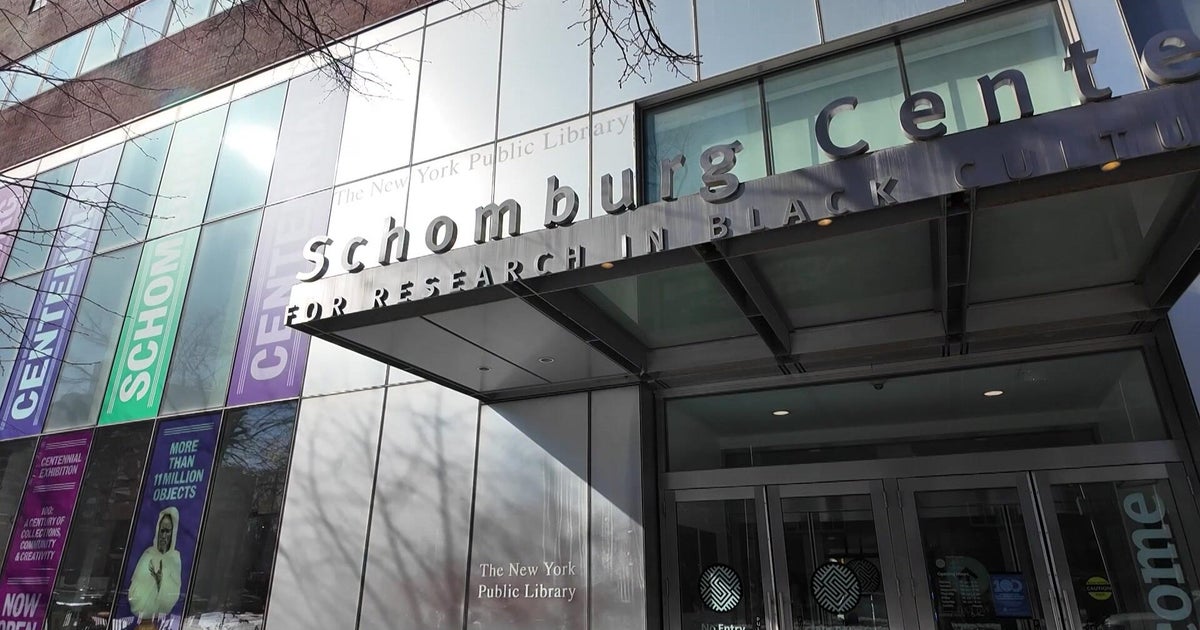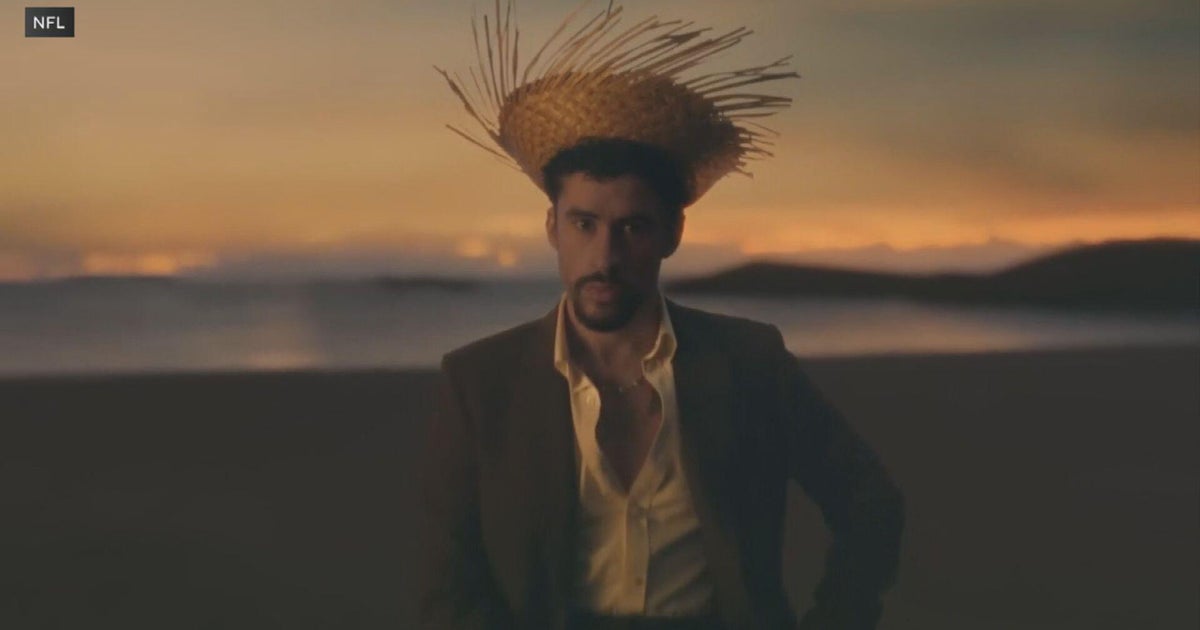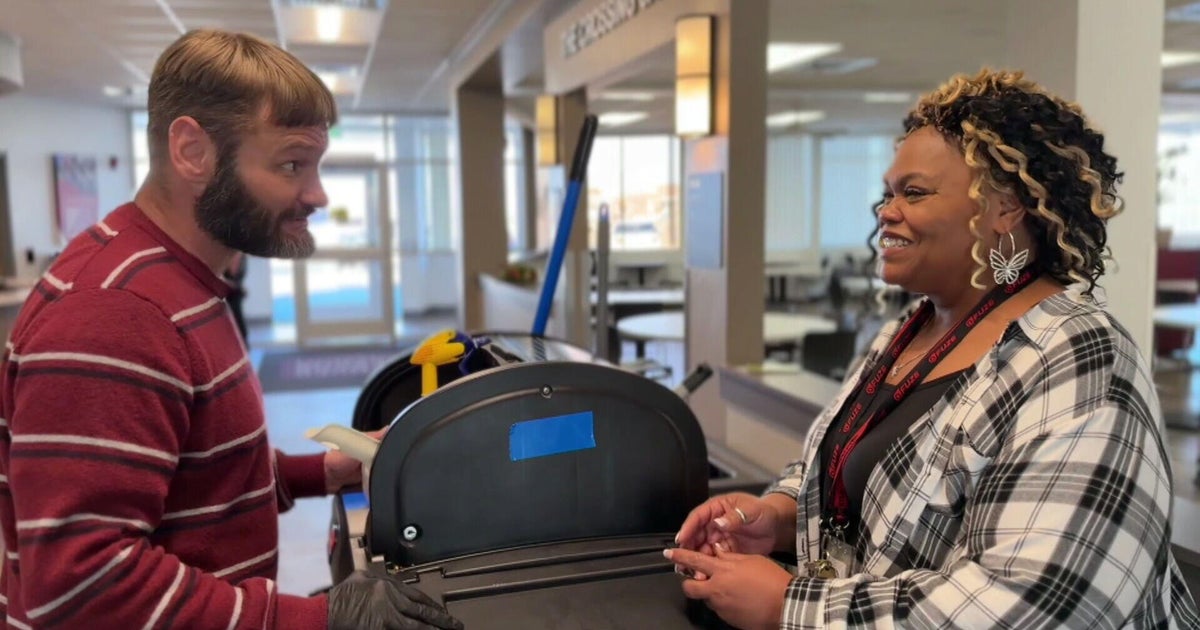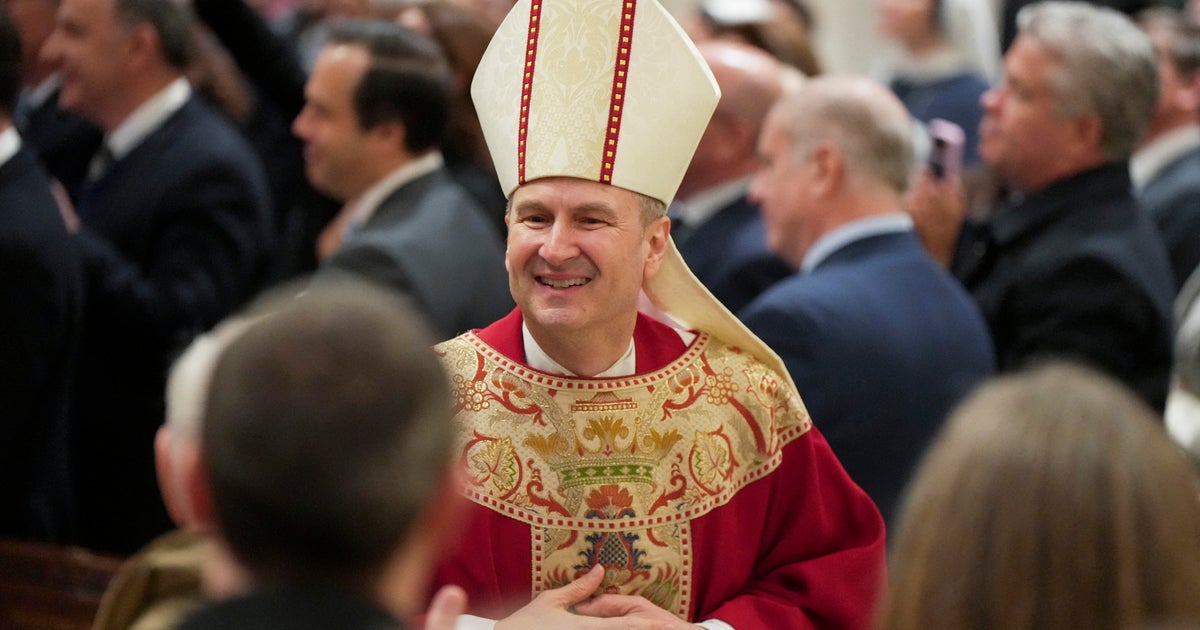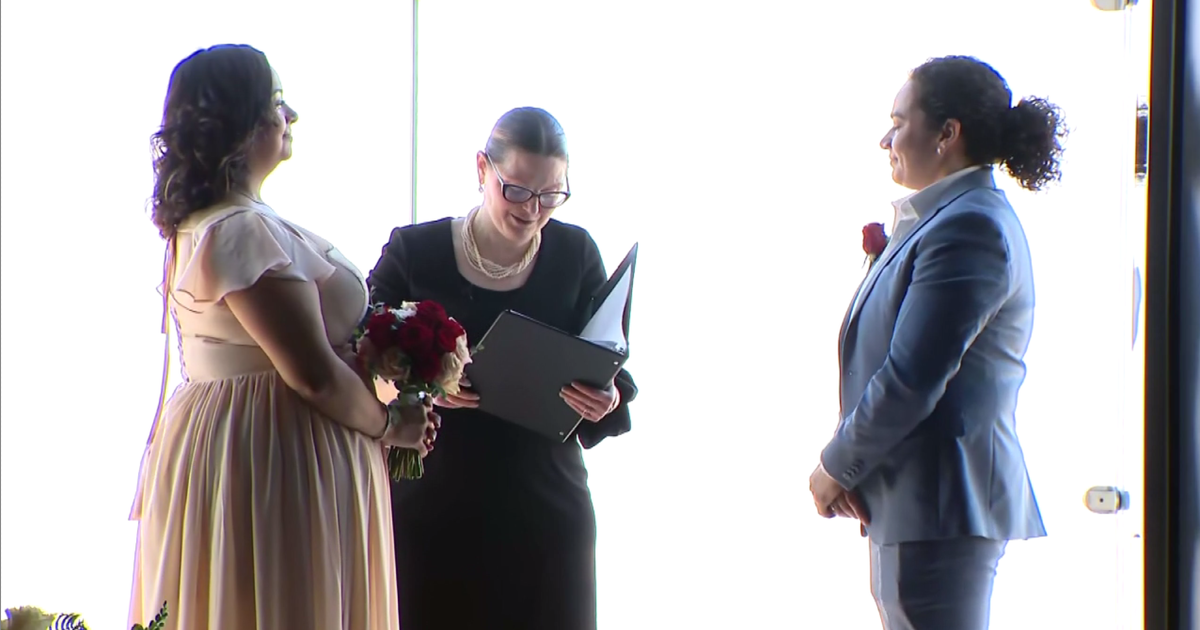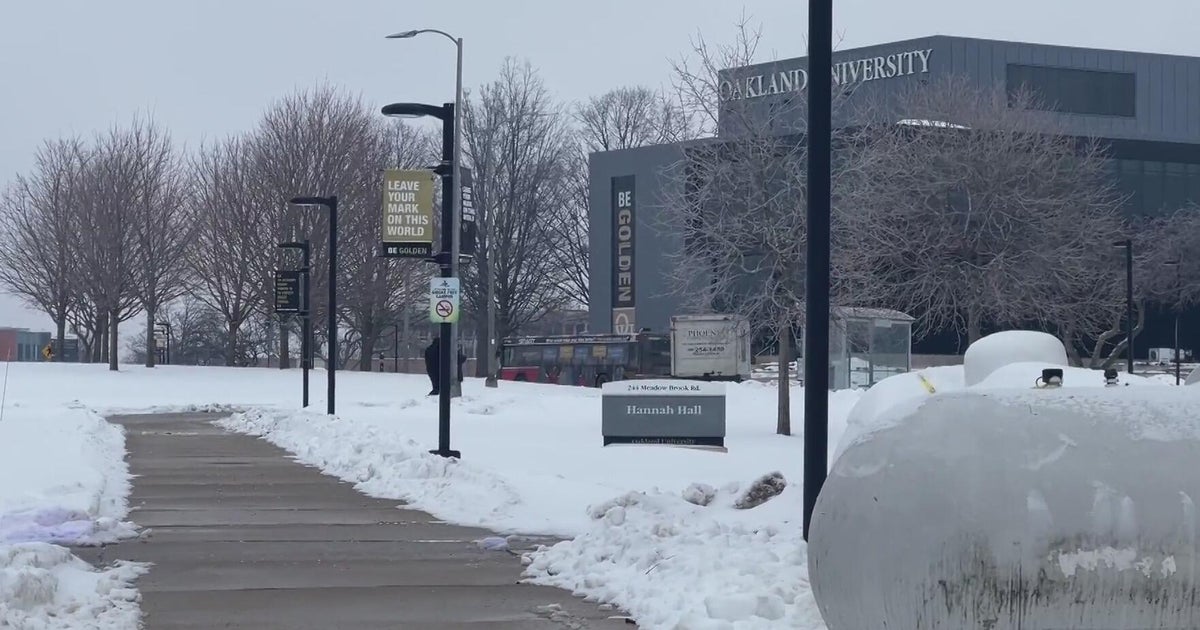115th Street Library In Harlem Renamed For Harry Belafonte
NEW YORK (CBSNewYork/CBS News) -- Singer, songwriter, actor and activist Harry Belafonte was honored with the renaming of a library in Harlem Thursday.
Mayor Bill de Blasio, First Lady Chirlane McCray and other officials were on hand Monday dedicate the renamed Harry Belafonte-115th Street Library, 203 W. 115th St. Belafonte, 90, was present for the ceremony.
As 1010 WINS' Al Jones reported, Belafonte said growing up, he overcame difficulties – as he calls them – dyslexia, loss of vision in one eye, and a lack of high school – among the stacks of books.
"The library that I accidentally went to, and got caught in its rewards, shaped my life," Belafonte said.
Born Harold George Belafonte Jr. in to immigrant parents from the Caribbean, Belafonte told CBS News in 2012 that as a child, his family was so poor that his mother, a domestic worker, sent him and his brother to live for years in her native Jamaica.
He returned to New York and, at age 17 and joined the Navy to fight in World War II. He had hoped discrimination Belafonte says he experienced as a black man would end with the war, but that was not the case.
"I came back home to find out that nothing had changed," Belafonte told CBS News in 2012. "Black people were still being lynched, were still being denied. We were still being cruelly relegated to second-class experiences."
While working as a janitor in a Harlem apartment building, a tenant gave him two tickets to the theater as a tip for repair, CBS News recalled. He began taking acting classes and sang to pay for them.
Jazz standards paid the bills, but Belafonte said that the memory of the traditional songs of his childhood made him hungry to explore folk music, CBS News recalled. Belafonte landed a recording contract and in 1956 released "Calypso," a collection of Caribbean songs, which hit a million in sales and launching a song, "Day-O," high into pop culture orbit.
Belafonte was later cast in films such as "Island in the Sun," but he said Hollywood did not know what to do with its new black star, CBS News recalled. Belafonte was cast in movies as the leading man where the leading lady was white, and they were forbidden from kissing on screen, he recalled to CBS News in 2012.
"They pulled the script and said, 'We have to do a rewrite and fix this thing. And when we came back I saw that the last half of the script had been completely destroyed. All romance taken out... and I was just furious," Belafonte told CBS News in 2012. "So my thought was, you can't change Hollywood. What you've got to do is change America."
So Belafonte then began to spend more time on social causes, and talked to CBS News in 2012 about the occasion where he got a call from Dr. Martin Luther King Jr.
"He said, 'You don't know me, but...' and he started to tell me something," Belafonte remembered in 2012. "'Dr. King, I know who you are. I think the whole world is getting to know who you are.' And then he asked to meet with me."
Belafonte became a confidant to King and helped organize the march on Washington. He grieved the loss of a friend when King was assassinated in 1968, and later threw himself into humanitarian work.
Witnessing the famine in Africa firsthand, Belafonte assembled some of the greatest recording stars of the 1980s to perform "We Are the World" – raising millions for famine relief.
More recently, Belafonte founded the Sankofa Justice & Equity Fund, a nonprofit that uses the power of culture and celebrity to bolster activism, the Mayor's office said.
Belafonte was honored with a Grace Paley Lifetime Achievement Award by the War Resisters League in 2013. He received the Jean Hersholt Humanitarian Award from the Academy of Motion Picture Arts and Sciences the following year, and was honored as a Library Lion in 2016.
